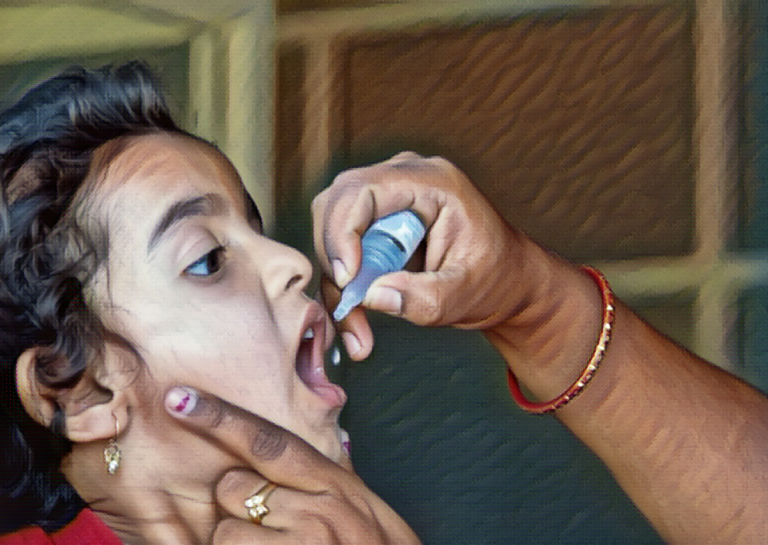Overview:
Tetanus, also known as lockjaw, is a serious bacterial infection that affects the nervous system. It is caused by the bacteria Clostridium tetani, which is commonly found in soil, dust, and manure. Tetanus in children is relatively rare, but it can be fatal if left untreated. The main symptoms of tetanus in children include muscle stiffness, spasms, and difficulty swallowing.
Symptoms:
The symptoms of tetanus in children typically appear within 2 to 14 days after infection. The most common symptoms of tetanus in children include muscle stiffness, spasms, and difficulty swallowing. Other symptoms may include fever, sweating, and high blood pressure. Children with tetanus may also experience muscle stiffness in the jaw, which gives the condition its name “lockjaw.” In severe cases, tetanus can cause seizures and breathing problems.
Causes:
Tetanus is caused by the bacteria Clostridium tetani, which is commonly found in soil, dust, and manure. The bacteria can enter the body through a break in the skin, such as a cut, burn, or puncture wound. Once inside the body, the bacteria produce a toxin that affects the nervous system, causing muscle stiffness and spasms. Tetanus is not contagious and cannot be spread from person to person.
Treatment:
Treatment for tetanus in children typically involves a combination of antibiotics and a tetanus toxoid vaccine. The goal of treatment is to eliminate the bacteria and prevent further spread of the toxin. Antibiotics, such as metronidazole, can help to kill the bacteria and prevent it from producing more toxin. Tetanus immunoglobulin, a preparation of antibodies, can also be given to neutralize the toxin and prevent further damage to the nervous system.
Prevention:
The best way to prevent tetanus in children is through vaccination. The tetanus vaccine is typically given as part of the routine childhood immunization schedule. The vaccine is given in a series of doses, with boosters given every 10 years. Additionally, keeping up to date with tetanus vaccine is important since the immunity can wane over time.
Citations:
- Centers for Disease Control and Prevention. (2021). Tetanus. Retrieved from https://www.cdc.gov/tetanus/index.html
- World Health Organization. (2021). Tetanus. Retrieved from https://www.who.int/news-room/fact-sheets/detail/tetanus
